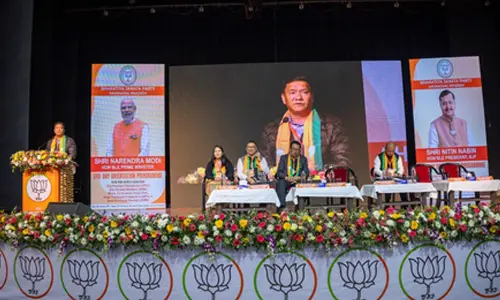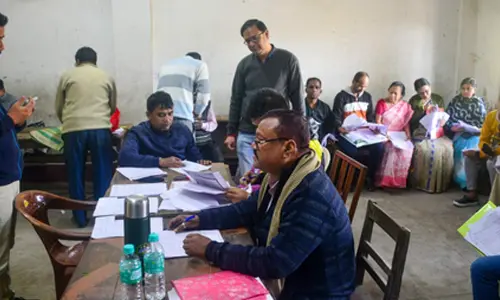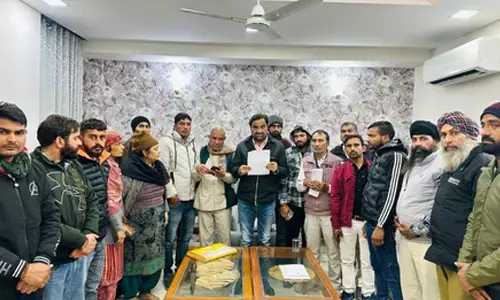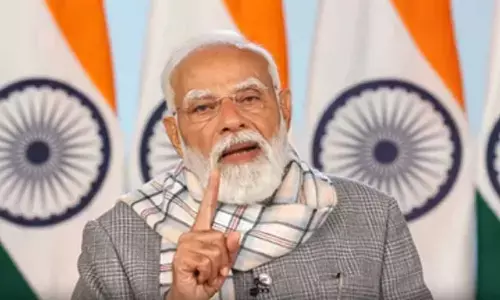Borrowing immune cells can help fight cancer
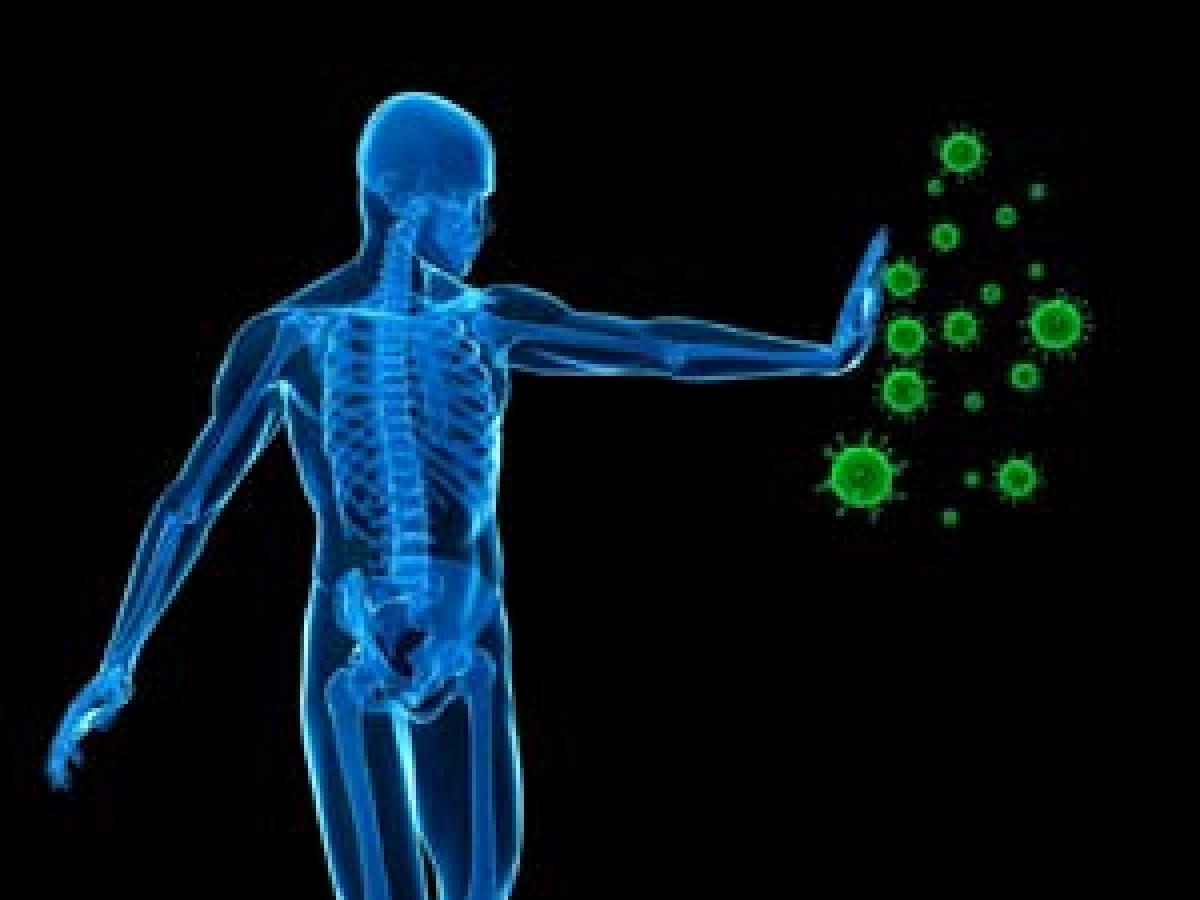
A team of international researchers has found that if an individual\'s own immune cells cannot recognise and fight tumours in the body, borrowing immune cells might help.
A team of international researchers has found that if an individual's own immune cells cannot recognise and fight tumours in the body, borrowing immune cells might help.
The findings showed that adding deficient DNA from cancer cells of an individual into the immune stimulating cells from healthy donors could create an immune response in the healthy immune cells of the same person.
"Our study shows that the principle of outsourcing cancer immunity to a donor is sound," said Johanna Olweus from the University of Oslo in Norway. When the immune stimulating cells from healthy donors were inserted back into the T-cells -- immune cells of the cancer patients, the cancer patients' own immune cells recognised the new cancer cells.
The T-cells in our body plays the role of scanning the surface of other cells, including cancer cells, to check whether they display any neo-antigens -- protein fragments. Upon recognition of such foreign protein fragments, T-cells kill the abnormal cells, the researchers explained. In the study, the team examined whether a 'borrowed immune system' could "see" the cancer cells of the patient as abnormal.
Thus, the researchers first mapped all possible neo-antigens on the surface of cancer cells using the T-cells in three different patients. Then they tested whether the same neo-antigens could be seen by the T-cells derived from healthy volunteers.
The results, published in the journal Science, showed that in all three patients, most of these abnormal protein fragments on the tumour cells went unnoticed by the T-cells.
However, the donor-derived T-cells could detect a significant number of neo-antigens that had not been seen by the patients' T-cells. "Our findings show that the immune response in cancer patients can be strengthened," added Ton Schumacher from the Netherlands Cancer Institute.
"The receptors that is used by these donor T-cells can then be used to genetically modify the patient's own T-cells so these will be able to detect the cancer cells," Schumacher added.








